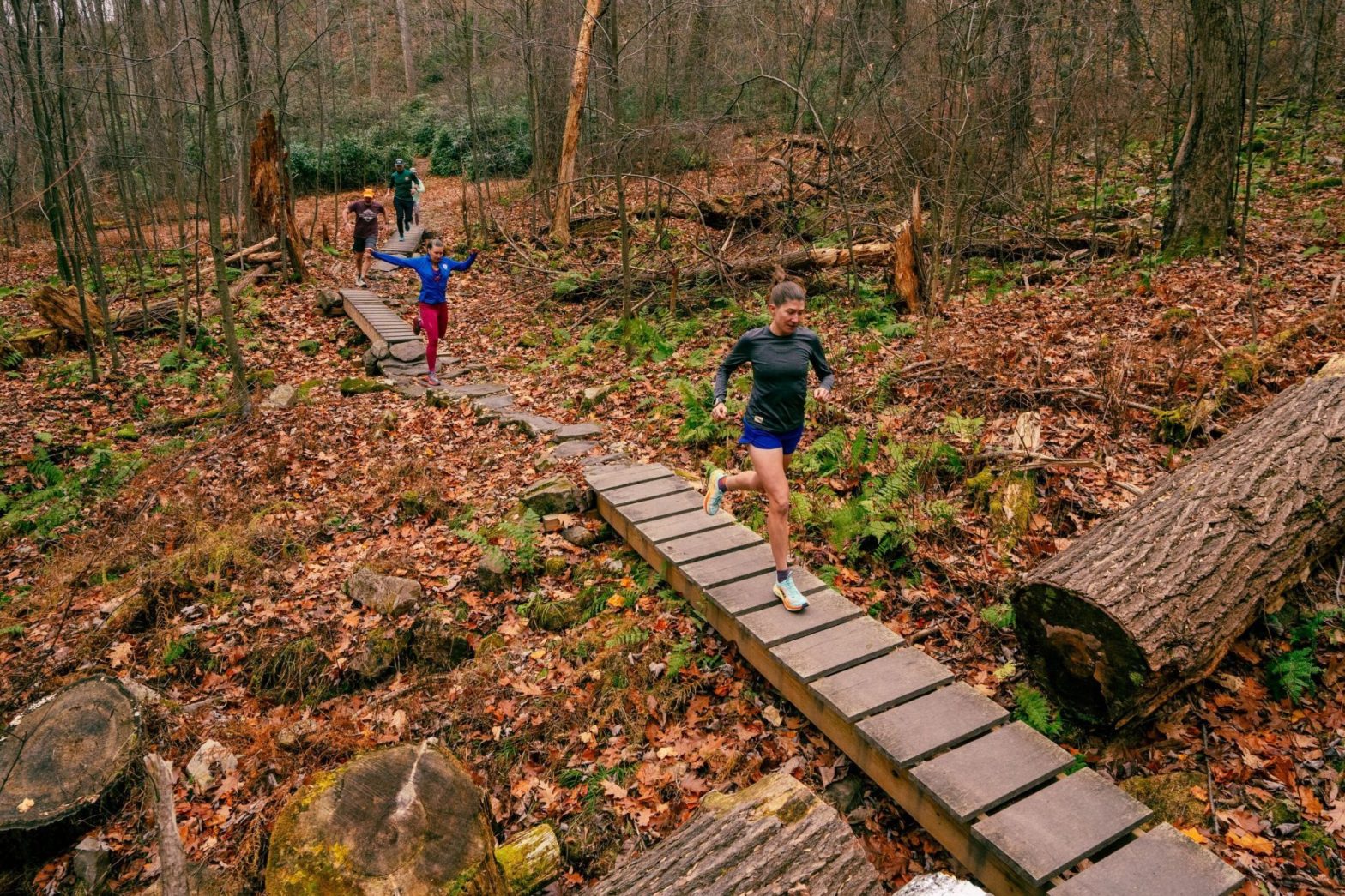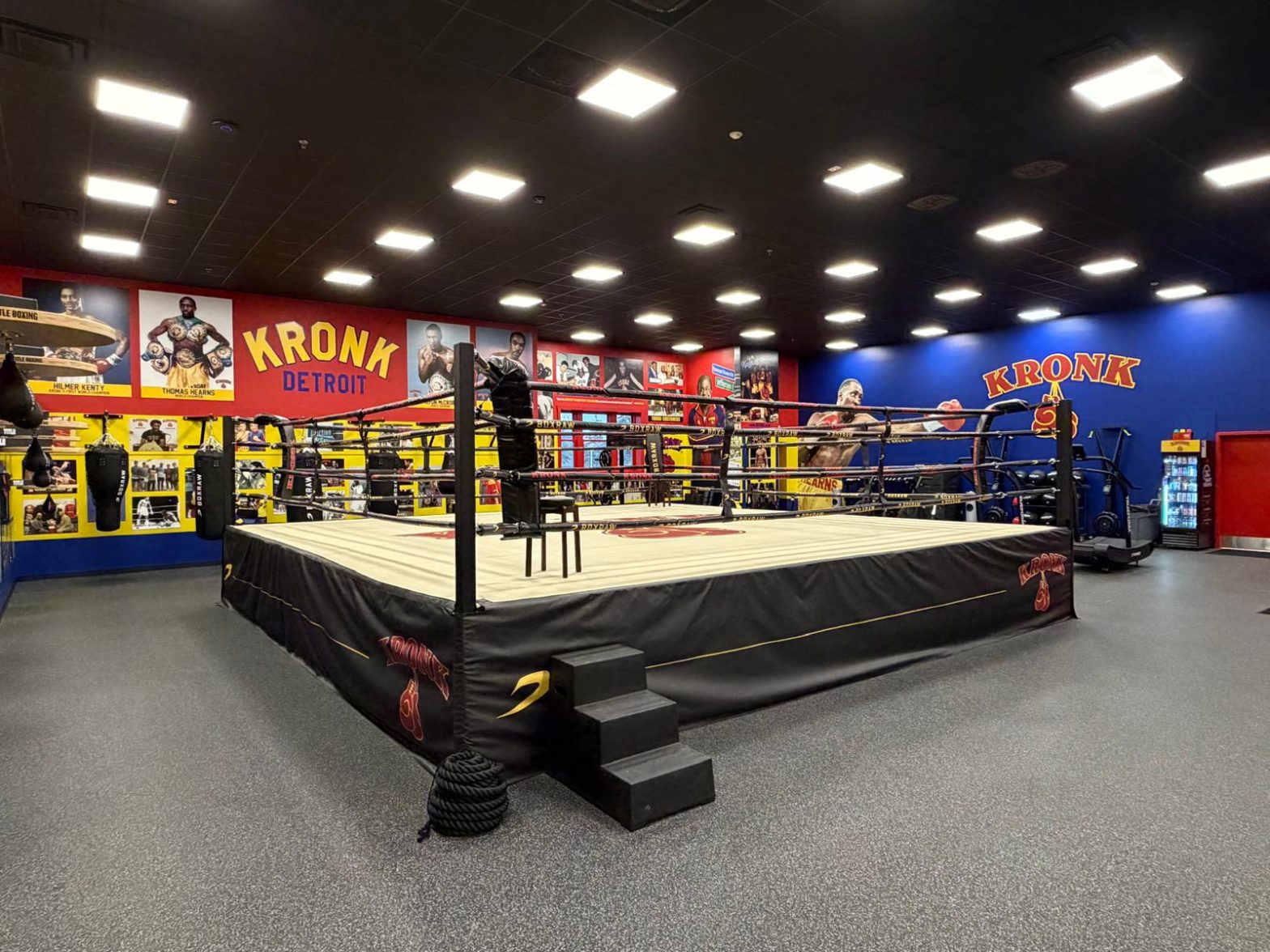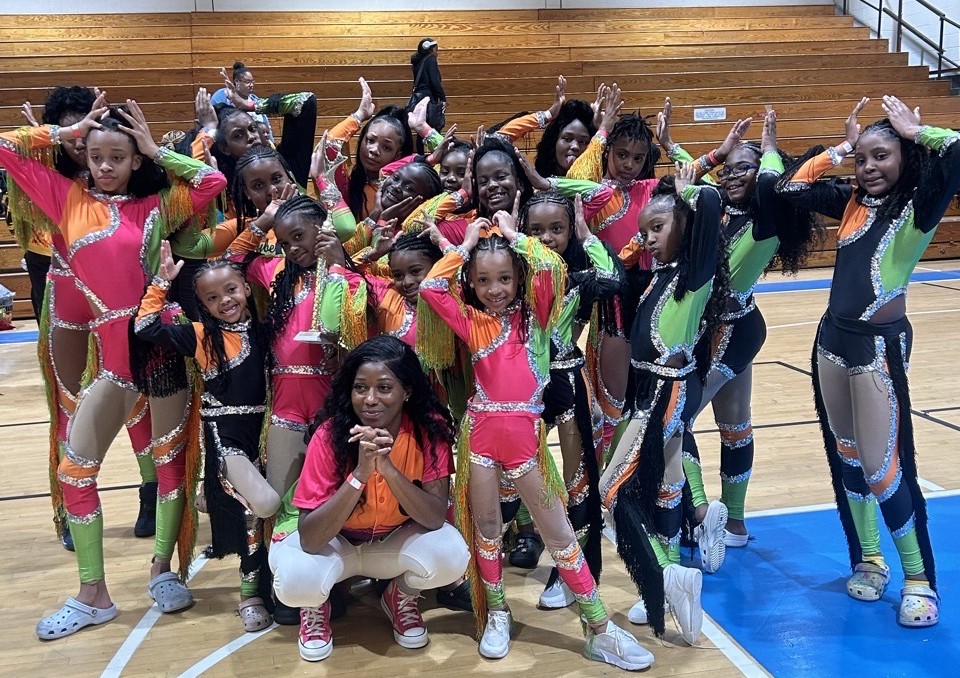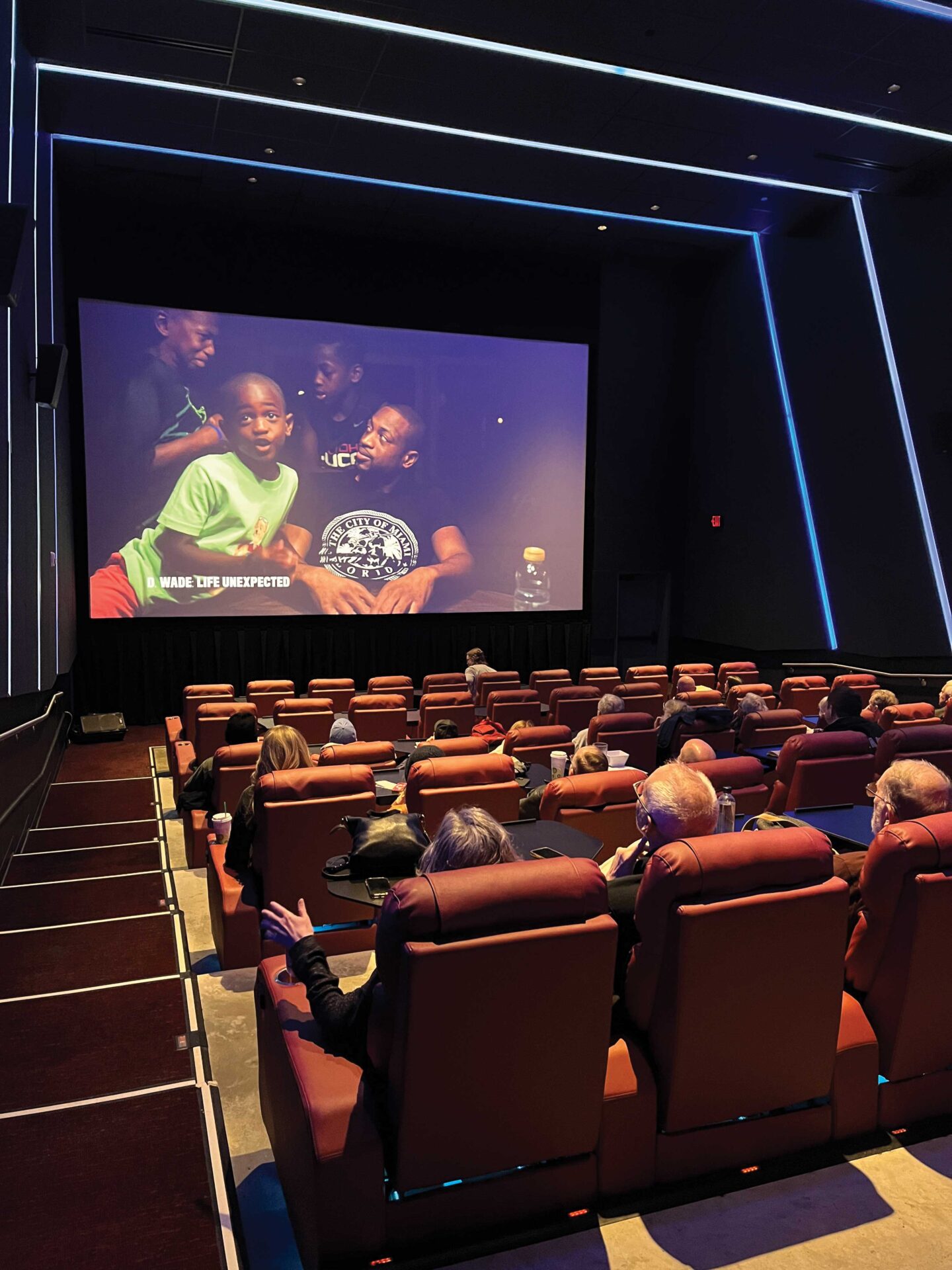
Sports have long been an inspiration for filmmakers, which makes sense when you think about it. After all, sports have built-in drama, conflict, suspense, emotion, and, depending on the situation, maybe even romance. With so much material to mine, it’s no surprise that a lot of sports movies get made every year. From big-budget blockbusters to smaller, independent documentaries, there’s a massive variety when it comes to sports movies. There are also plenty of different places to watch them, including dedicated film festivals, like the International Sport Film Festival, taking place in Naples, Italy, this upcoming November, or the Canadian Sport Film Festival in Toronto, the same month. One such example from here in the U.S. is the Kicking + Screening Soccer Film Festival, which is a small but mighty annual event that’s been taking place in New York City since 2009. Meanwhile, just last year, in celebration of its 30th anniversary, SLAM magazine launched the first-ever film festival exclusively focused on basketball. But what about a film festival devoted to American football? Since it’s one of the most popular sports in the country, there has to be one, right? Nope. Not yet, at least. And that’s where you come in!
This gap in the market seems like a perfect opportunity for a sports event planner to host one, either as a one-off or as an addition to an existing event. To find out what it takes to run a successful sports film festival, we sought the advice of Greg Lalas, co-founder of the Kicking + Screening Soccer Film Festival, and Aron Phillips, who spearheaded the SLAM Film Festival. Here’s what they had to say.
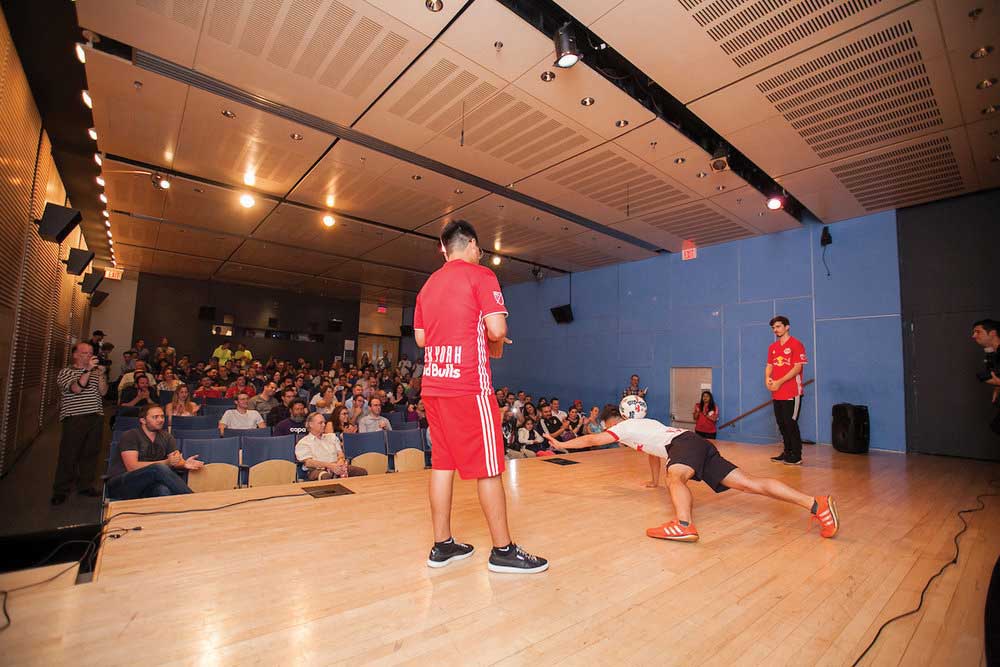
Strategy
One of the clearest strategies for success is to align your festival with an existing, high-profile sporting event. When Phillips was looking for the right time and place to host the SLAM Film Festival, he concentrated on events where athletes and fans would already be congregating. “When it’s a single subject like basketball, the thought was always, ‘where is there a confluence of talent and audience that’s going to want to attend this thing?’” That meant searching for an intersection point where athletes, filmmakers, and fans were already coming together, and the NBA All-Star Weekend quickly emerged as the natural best choice. Of course, amateur sports event planners likely won’t have the same choices or ambitions, but if they were thinking of holding even a one-night mini-festival focused on football, it makes sense to tie it to a local tournament or event that’s already taking place. Just make sure to plan so your event doesn’t conflict with the one you’re piggybacking on, Phillips says. At the SLAM festival, all the movies were shown between 10 a.m. and 6 p.m., so it didn’t draw anyone away from the actual games or official All-Star Weekend events
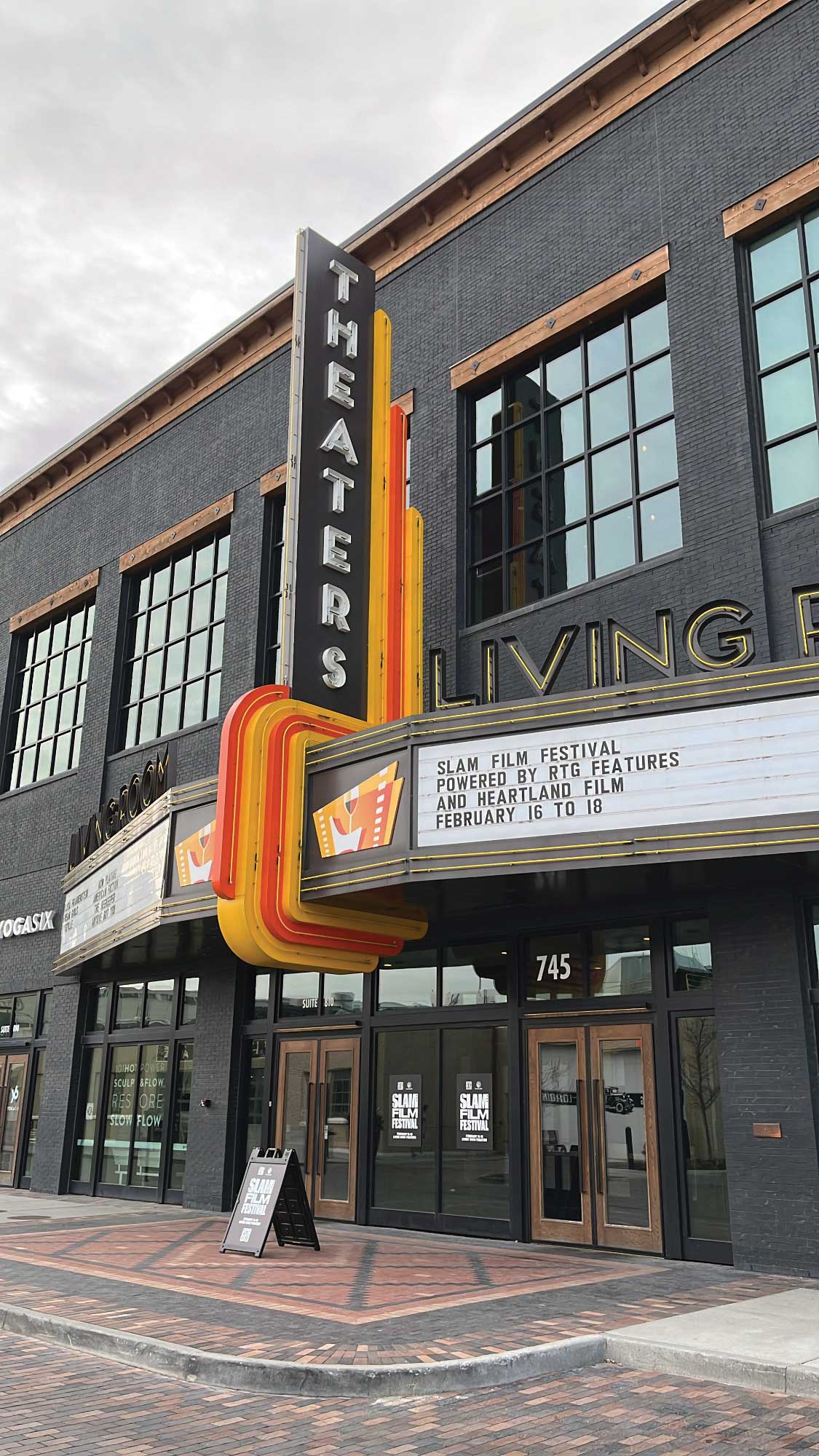
Venue
Once you know when you want to hold the event, finding the right venue is the next logical step. In Phillips’ case, he partnered with an Indianapolis-based arts organization called Heartland Film to take care of the logistics, like securing the venue. But in most cases, that job comes down to the event organizer. Indeed, Kicking + Screening’s Greg Lalas puts locking down a venue at the top of a festival planner’s to-do list. “The venue is the most important thing right off the bat,” he says. “I recommend finding a venue you can actually ‘own’ for three or four days, because then you can brand it your way.” Lalas also says that organizers should think outside the box when it comes to venue options. As the Kicking + Screening festival has been invited to travel in the past, Lalas and his small team has hosted it in venues of all kinds and sizes over the years, including bars, cultural centers, and even the French consulate in Washington, D.C. Lalas is at the point now where he only considers venues with an established screen and theater seating, but, especially in the beginning, the festival was flexible. The takeaway? Don’t limit your search to traditional theaters. You could host a small football film festival in a school gym or even a classroom. If possible, though, Lalas says to find a place on-site or nearby that would encourage pre- or post-screening socializing, where attendees can gather to talk about the film over a drink or meal.
Programming
When it comes to programming, Lalas says diversity is key. Sports movies run the gamut from 10-minute shorts to full-length documentaries to narrative features, so give people a taste of as much as you can. And because they can likely already stream most of the things you’ll be showing, you have to give them another reason to get off the couch and fork over m
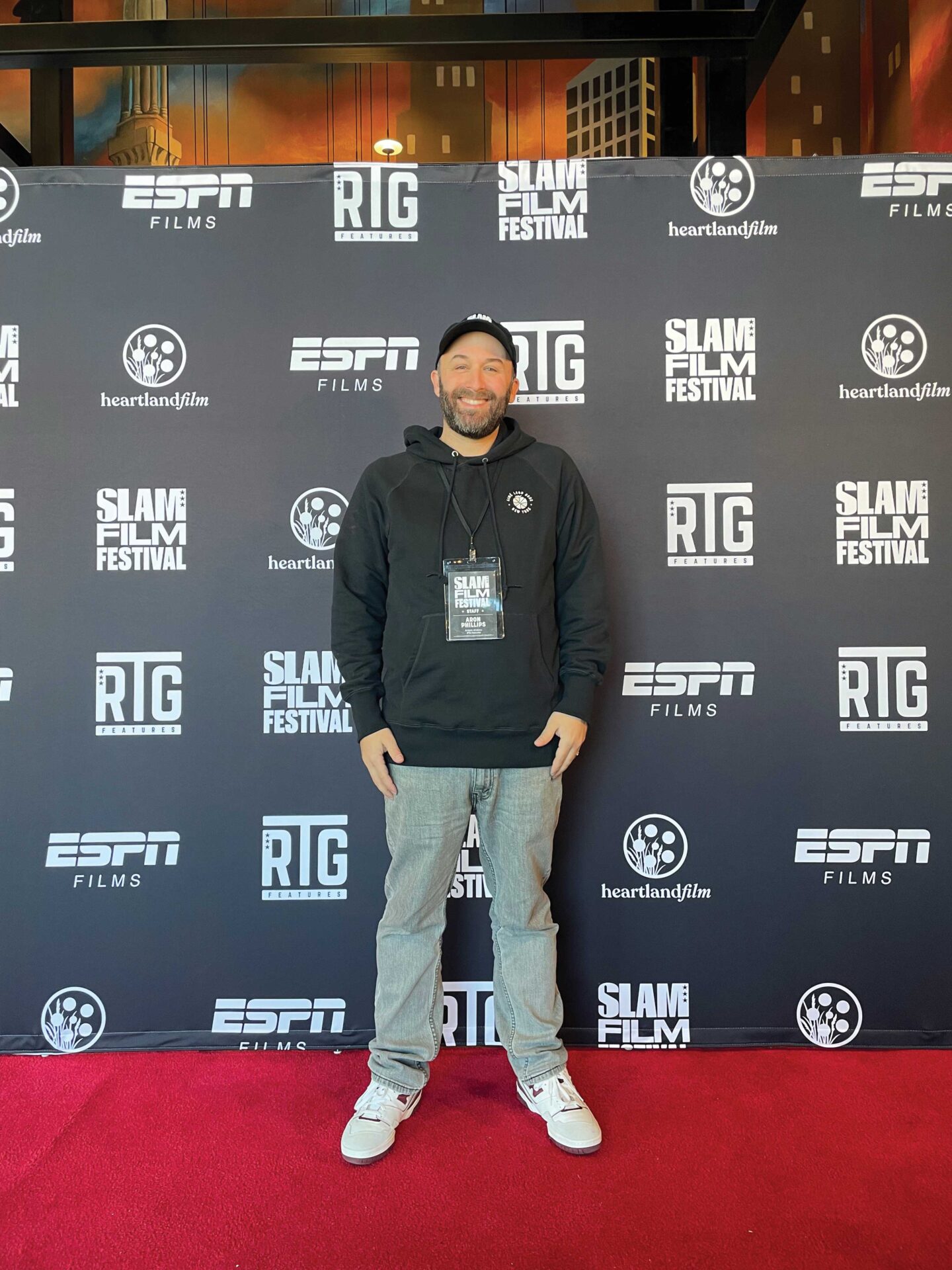
oney for tickets, such as a Q&A, special appearance, or panel. Lalas says that the Kicking + Screening festival comes up with different themes every year, and builds the programming around them. So, for a mini football film festival, the theme could be as simple as “classic football movies” (for some ideas on what to show, see “End Zone” on page 50). Then, your special guest could be a
local film professor or historian, who could share unique details about the movie. That way, you could also attract two different groups—football fans as well as film lovers. The goal is to give people another reason to get together and bond over their shared love of the sport, in all its forms.
Aside from the built-in audience, choosing to hold his festival over the All-Star Weekend meant that Phillips could tap into the network of athletes or presenters who would already be on hand. And that meant being able to keep costs down by not having to fly people in for panel discussions, Q&As, or auxiliary events. For example, Phillips knew that WNBA legend Candace Parker was going to be in Indianapolis working for TNT Sports. ESPN had just released a documentary about her that fall, which Phillips was able to add to the festival program, and then he got Parker to take part in a panel discussion. Granted, you might not be able to get a legendary football player to speak at your new film festival, but you can look out for more realistic but similar synergies or opportunities. And as for themes to build your event around, you’re only limited by your imagination. We’ll see you on the red carpet!
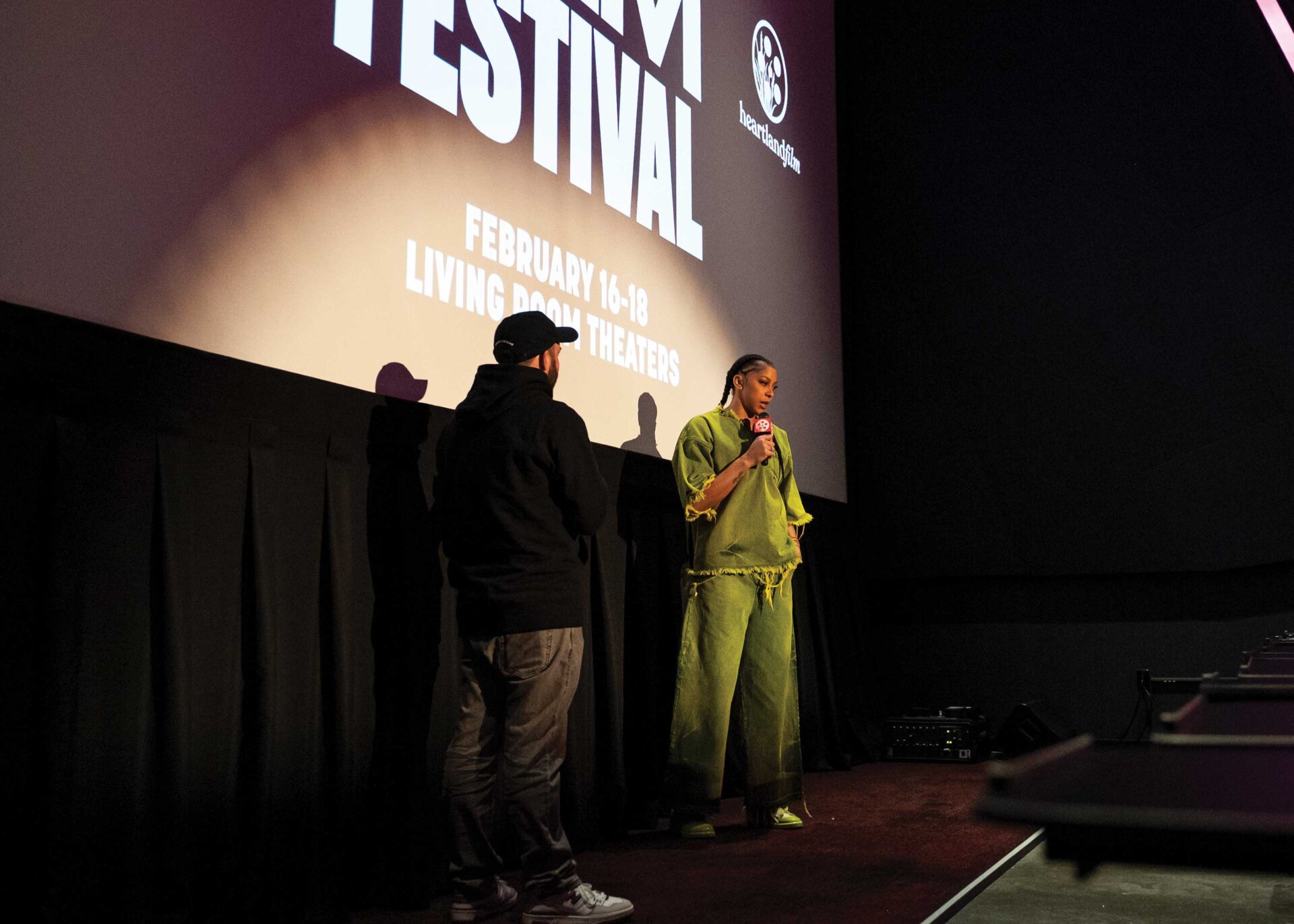
or panel discussions add another dimension to the event. Courtesy SLAM Film Festival




